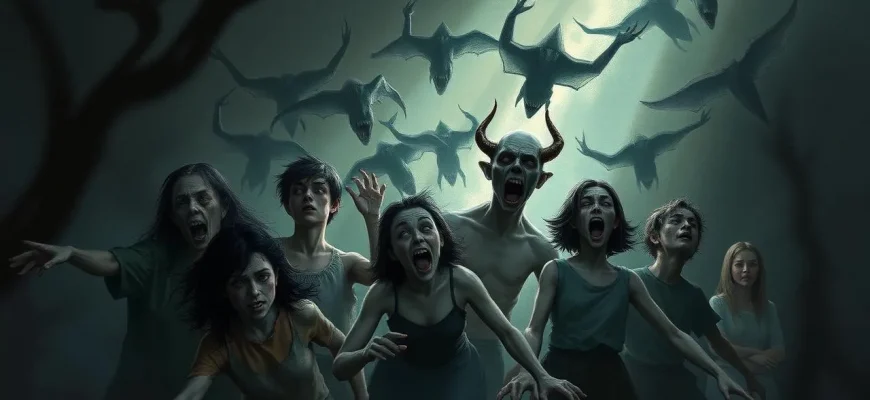This curated selection of horror films delves into the dark themes of discrimination, using fear and suspense to highlight societal issues. These movies not only entertain but also provoke thought, encouraging viewers to reflect on the real-world implications of prejudice and injustice. Each film in this list uses horror as a lens to explore different forms of discrimination, making it a valuable watch for those interested in social commentary through the medium of horror.
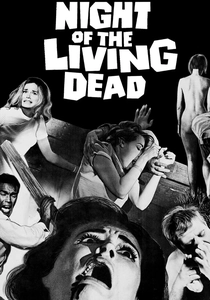
Night of the Living Dead (1968)
Description: Though not explicitly about discrimination, it features one of the first African-American leads in a horror film, highlighting racial dynamics in a crisis.
Fact: The film was accidentally released into the public domain due to a copyright error, making it widely accessible.
 Watch Now
Watch Now
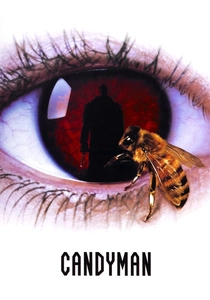
Candyman (1992)
Description: Set in the Cabrini-Green housing projects, this film tackles urban decay, gentrification, and racial discrimination, using the legend of the Candyman to explore these themes.
Fact: The film was inspired by Clive Barker's short story "The Forbidden," and its sequel was released in 2021, continuing the exploration of these themes.
 Watch Now
Watch Now
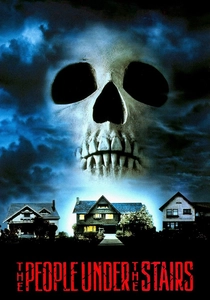
The People Under the Stairs (1991)
Description: This Wes Craven film uses horror to critique gentrification and the exploitation of the poor, with a landlord who keeps his tenants in a state of terror.
Fact: The film was originally conceived as a satire on the Reagan administration's housing policies.
 Watch Now
Watch Now
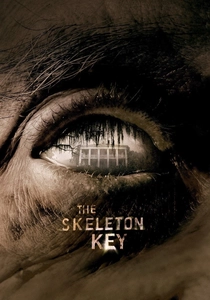
The Skeleton Key (2005)
Description: While not directly about discrimination, the film touches on themes of cultural appropriation and the exploitation of African American folklore for personal gain.
Fact: The movie was filmed in New Orleans, incorporating elements of local voodoo practices into its narrative.
 Watch Now
Watch Now
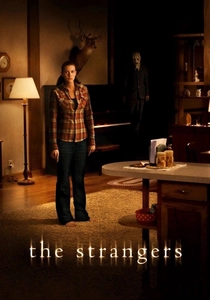
The Strangers (2008)
Description: While not directly about discrimination, the film's home invasion plot can be seen as a metaphor for the violation of personal space and the fear of the 'other'.
Fact: The film was inspired by real-life events, including the Manson Family murders.
 Watch Now
Watch Now
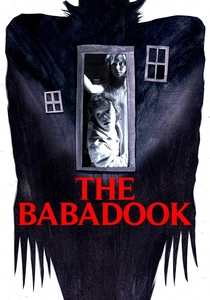
The Babadook (2014)
Description: It explores themes of grief, single motherhood, and societal expectations, with the monster representing suppressed emotions and discrimination against the mentally ill.
Fact: The film was initially banned in some countries due to its intense themes.
 Watch Now
Watch Now
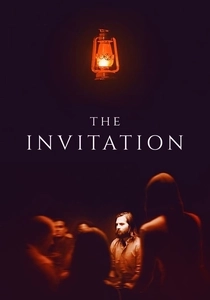
The Invitation (2015)
Description: While primarily a psychological thriller, it explores themes of grief, loss, and the subtle discrimination against those dealing with mental health issues.
Fact: The film was shot in just 20 days, with much of the action taking place in one location.
 Watch Now
Watch Now
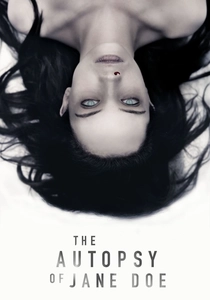
The Autopsy of Jane Doe (2016)
Description: This film subtly addresses issues of misogyny and the objectification of women through the horror of a mysterious corpse.
Fact: The film was shot in a real morgue, adding to its chilling authenticity.
 Watch Now
Watch Now
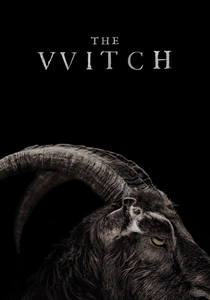
The Witch (2015)
Description: Set in 1630s New England, this film examines religious and gender discrimination through the lens of witchcraft hysteria.
Fact: The film uses authentic language from the period, making it linguistically accurate to the time.
 Watch Now
Watch Now
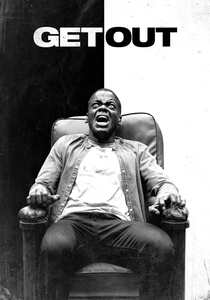
Get Out (2017)
Description: This film uses horror to explore racial discrimination through the story of a young African-American man visiting his white girlfriend's family, uncovering a sinister plot.
Fact: Jordan Peele won an Academy Award for Best Original Screenplay for this film, making it a landmark in horror cinema for its social commentary.
 Watch Now
Watch Now

